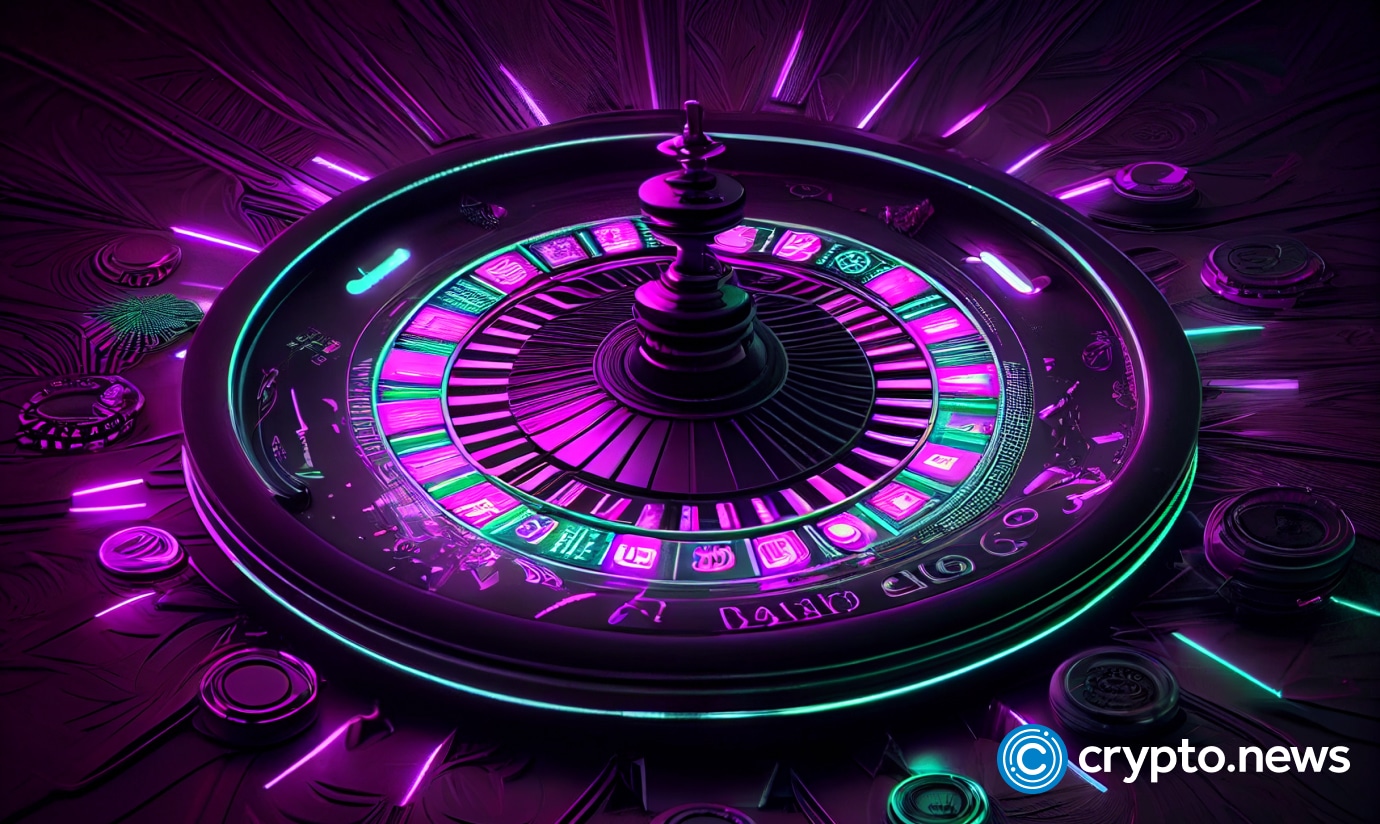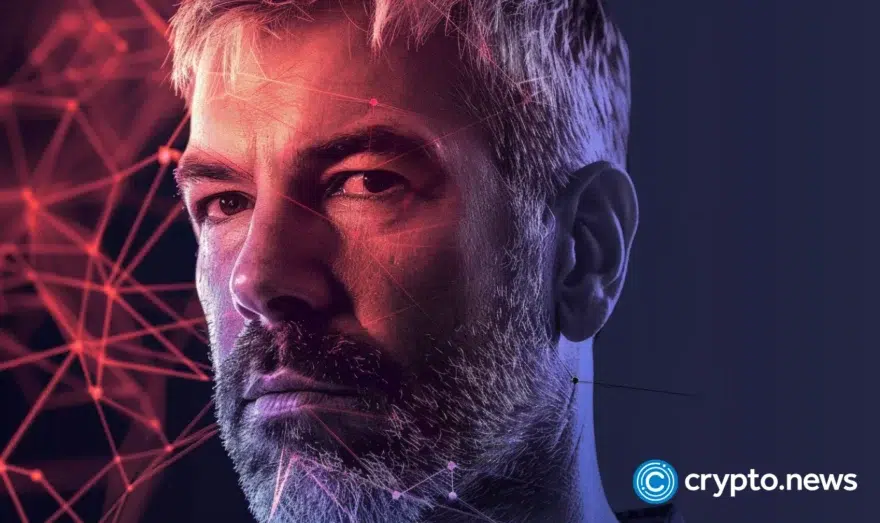Actor Ben McKenzie compares crypto to modern gamble

Renowned actor and author Ben McKenzie recently joined the OddLodds Bloomberg show to share his journey into the world of cryptocurrency, and his candid thoughts reveal a skeptical and intriguing perspective. This exploration has led to his book, “Easy Money,” a dive into the concept of money, lying, and the unique function of cryptocurrencies.
McKenzie’s foray into crypto started during the pandemic when he saw people reaping substantial profits. Despite a previous bad investment experience, a friend’s recommendation led him to bitcoin (BTC) and further into the depth of cryptocurrencies.
McKenzie argues that cryptocurrencies are not operating as traditional currencies in his book. To fully understand the subject, he participated in a free online course on blockchain and crypto taught by Gary Gensler, the head of the Securities and Exchange Commission (SEC).
During the podcast, McKenzie expressed concern over the popularization of bitcoin and other cryptocurrencies, suggesting they might constitute a massive Ponzi scheme. He likened his skepticism to the story “The Emperor’s New Clothes,” where apparent wisdom and popularity hide an underlying folly.
The podcast also touched on the appeal of cryptocurrencies, particularly for young men. McKenzie posited that the subprime crisis and the subsequent release of the bitcoin white paper in 2008 sparked mistrust in traditional financial systems, making the idea of a decentralized currency enticing.
Despite the allure of cryptocurrency as a solution for the unbanked and a potential wealth builder, McKenzie questioned their authenticity and commodity status. He noted that the real money in crypto is much smaller than the inflated market cap suggests, often driven by speculation and leverage rather than genuine investment.
Cryptocurrency lending firm Celsius was given as an example to illustrate this discrepancy. McKenzie asserted that only 10-15% of the market cap might represent real money, while the rest is mainly speculative and leveraged.
One primary concern with cryptocurrencies is their liquidity. McKenzie pointed out that overseas exchanges like Binance drive most trading volume. However, the validity of this volume is uncertain due to the prevalence of wash trading (artificial trading activity) in unregulated exchanges. The resulting lack of liquidity and potential manipulation creates market risks.
Furthermore, unlimited leverage in crypto markets is possible as individuals can create as much cryptocurrency as they want, which could lead to market instability. Cryptocurrency exchange FTX has been accused of creating new tokens, borrowing against them, and manipulating their value with wash trading.
Conflicts of interest also arise when exchanges issue their tokens or stablecoins. McKenzie emphasized his skepticism over using stablecoin USDT, questioning its legitimacy and the nature of the client relationships involved. Despite doubts and allegations of financial misconduct, the stablecoin’s manager Tether has managed to keep its peg to the U.S. dollar.
The author also touched upon Binance, one of the most prominent cryptocurrency exchanges, which has faced scrutiny for practices such as the lack of a headquarters and the alleged Tai Chi document designed to divert regulators’ attention.
During the discussion, McKenzie described a perplexing interview with Sam Bankman-Fried, the CEO of FTX. Bankman-Fried struggled to articulate the benefits of cryptocurrencies and made peculiar statements about yield farming in the crypto industry. McKenzie voiced concerns over the lack of industry regulation and the confusion surrounding cryptocurrency’s classification as commodities or securities.
The conversation then delved into those impacted by the volatility of the crypto market. For some, cryptocurrencies symbolize freedom and financial self-determination. However, McKenzie highlighted the perils of gambling addiction within the crypto space. He compared the crypto market to a casino without the entertainment value, arguing that it’s a zero-sum game.
In a surprising connection, McKenzie linked the end of online poker to the beginning of bitcoin. Both industries share striking similarities, with the initial bitcoin code including a poker lobby.
When the government clamped down on online poker, some individuals involved, such as Stuart Hogner and Daniel Friedberg, transitioned to the cryptocurrency industry. McKenzie suggested that parallels exist between the two domains, with bitcoin potentially seen as a way to facilitate overseas gambling.
Furthermore, he noticed resemblances in the tactics and language used in both industries. Notably, both employ “community” and often rely on peer pressure. While he acknowledged that community building could be a positive aspect of cryptocurrency, McKenzie highlighted that strong communities could also form among plaintiffs in class action lawsuits against fraudulent companies.
Toward the end of the interview, McKenzie discussed the idea that some individuals are pushing an “anti-crypto” narrative. He acknowledged that bitcoin’s decentralization and the direct access granted to owners provide some security. However, he also pointed out limitations, such as scalability issues and the environmental impact of high energy consumption.
Moreover, McKenzie raised concerns about the utility of cryptocurrency for illegal activities. Just as it can be used for legitimate transactions, it can be exploited by those with malicious intentions.















